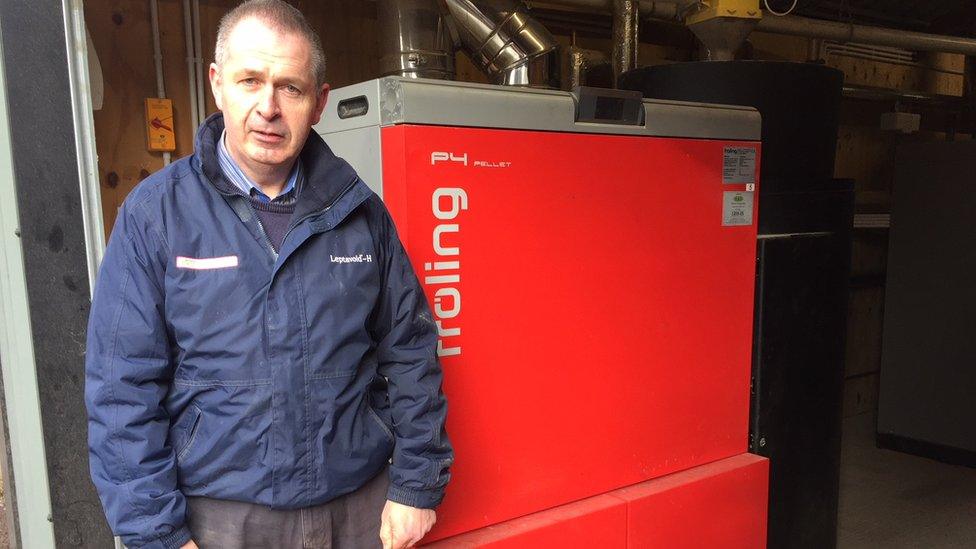RHI cut 'leaves NI poultry market at disadvantage'
- Published
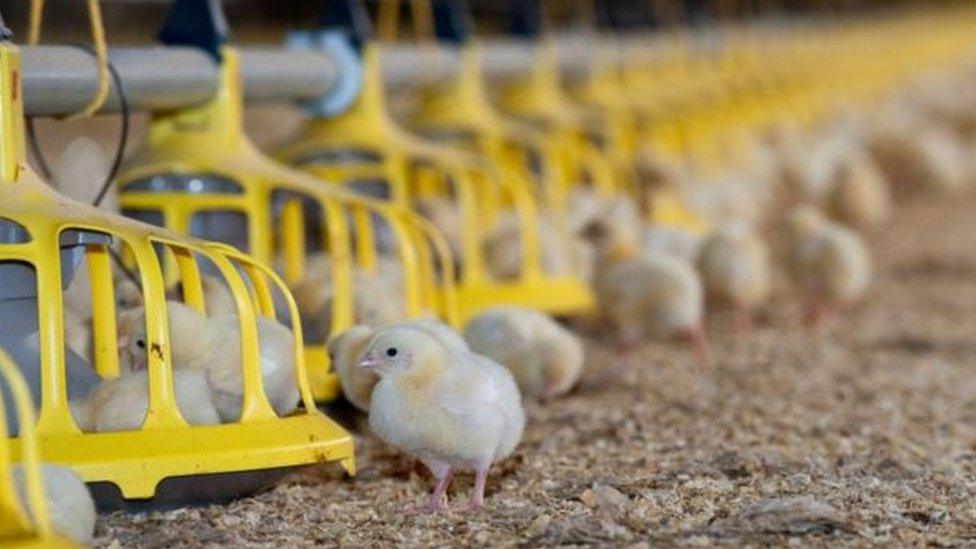
Poultry firm Moy Park has conceded that cuts to renewable heat incentive (RHI) subsidies has left its Northern Ireland growers at a commercial disadvantage compared to those in Britain.
In April, concerns were raised that the cuts had created a "significant risk" to those in the NI market.
Moy Park produces about half of its chicken in NI and half in Britain.
Around 80% of what is produced locally is sent to the GB market.
In written evidence to a Westminster inquiry, the company said it could not be "reasonably expected" to plug the financial gap brought about by the changes.
It said it would be up to the government to do it and urged parity with the British scheme.
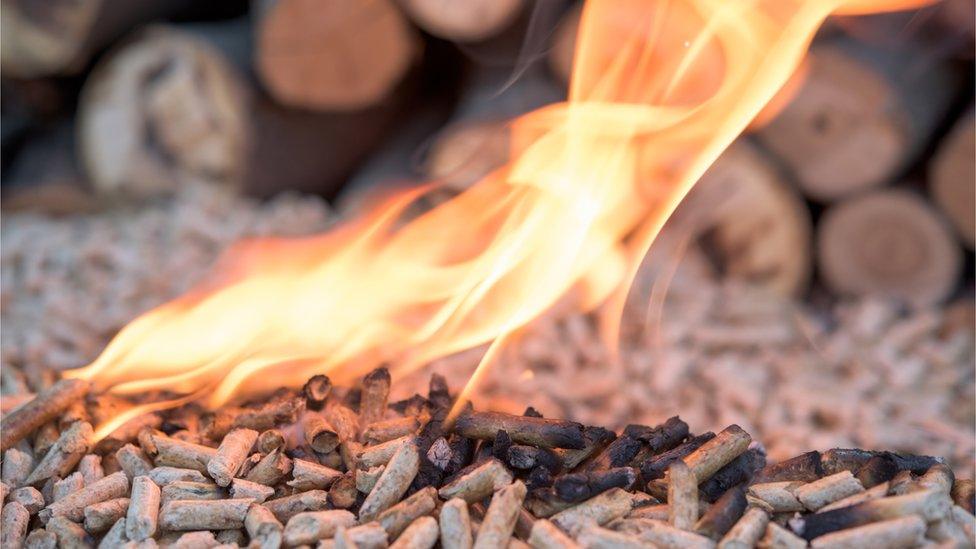
The Renewable Heat Incentive scheme is approximately £490m over budget
Cuts introduced in April by the Department for the Economy saw the average payment per boiler in Northern Ireland fall from £13,000 to £2,200 a year.
An equivalent scheme in Britain is paying around £5,300 a year.
Officials have said the difference is due to different boiler and fuel costs.
The cuts were brought in to make the level of payments compliant with EU rules on state support for businesses.
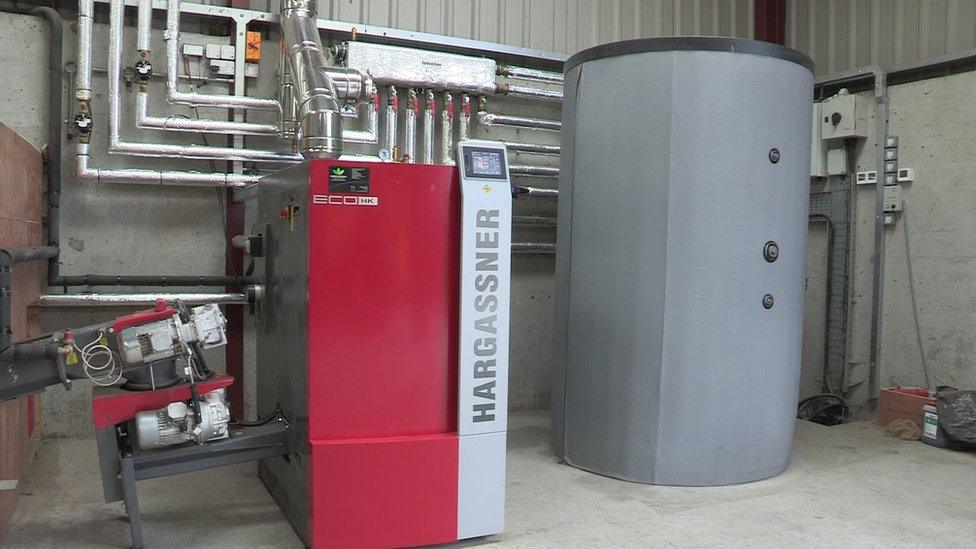
A biomass boiler, similar to those owned by some RHI scheme claimants
Moy Park said 717 of its suppliers were using biomass boilers but expected many of them to switch back to gas.
Many have liquefied petroleum gas (LPG) as a back-up heating system in poultry houses and others have been in contact with the company to discuss funding the installation of one.
Meanwhile, the Ulster Farmers Union (UFU) said the tariff changes had created a "cash flow shock" for poultry farmers.
Deputy president David Brown said the cuts had placed Northern Ireland producers at an "immediate competitive disadvantage" to growers across the UK.
- Published29 April 2019
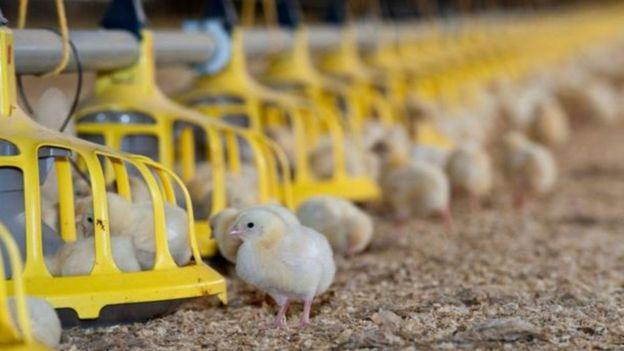
- Published24 April 2019

- Published26 February 2019
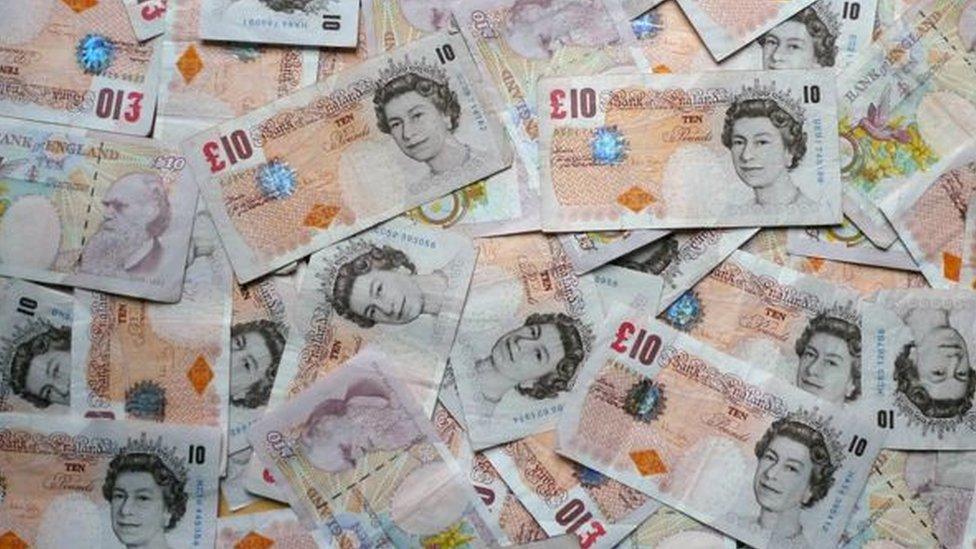
- Published7 February 2018
